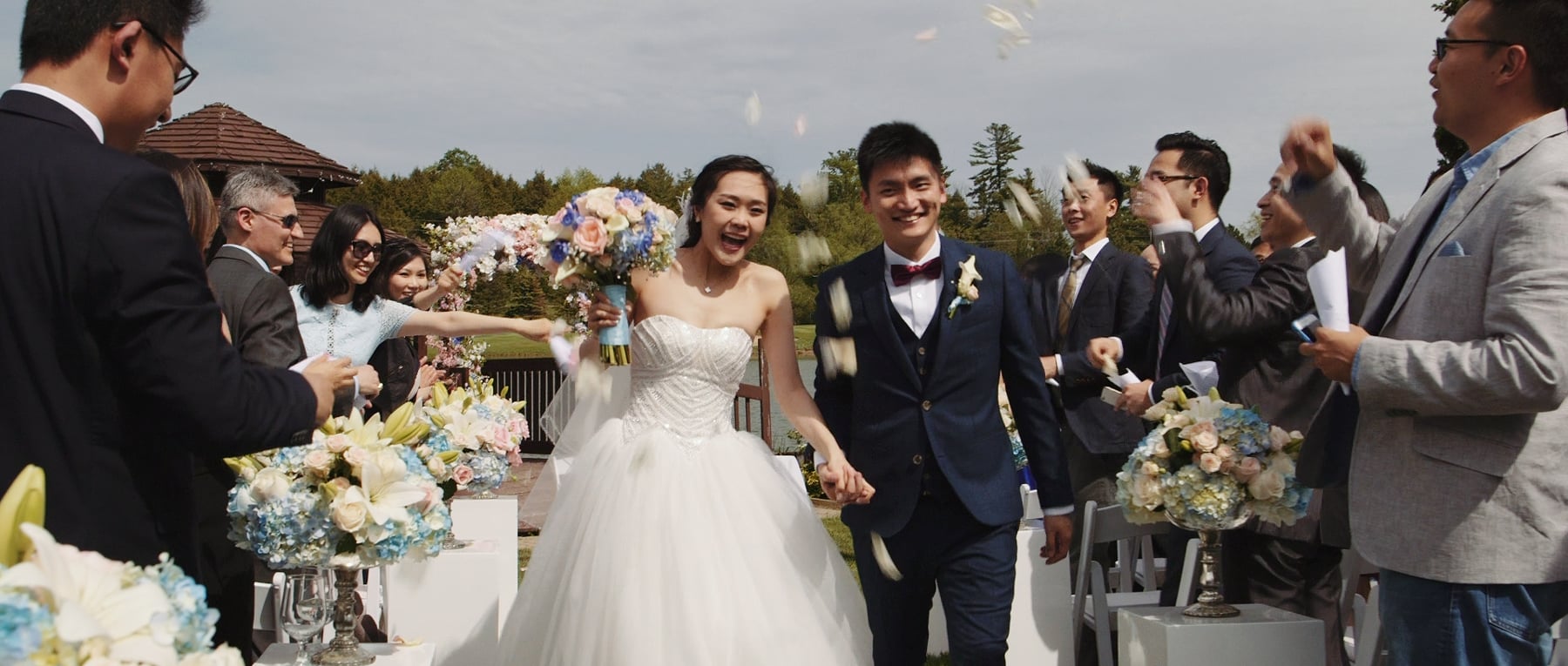One question we get asked by a lot of couples, planners, and other wedding videographers is how we adapt our style to non-English-speaking weddings where the language barriers could affect what we shoot and, ultimately, the story being told. This probably comes from the fact that, in 6 years, we’ve been happy to be the wedding cinematographers for many different cultural celebrations across Toronto; from Chinese to Indian, Sri Lankan, Persian, Korean, Jewish, Greek, Italian, etc.
So how do we know what to focus on when a speech or moment is unfolding in front of us in a language we don’t understand? It’s actually very easy. Emotions, tone and body language are all universal. You can easily tell what parts of a speech are important just by the way the words are spoken, by the facial expressions of those who are being addressed, by the way the mood in a room changes from quiet to vibrant or vice versa. By picking up on these subtle cues, we can quickly identify what to focus on and shoot all the elements we need to put together a couple’s story. This was the case for Sisi and William’s wedding day, where almost everything but the ceremony was in Chinese, and whose story and traditions were largely influenced by Chinese culture.
Sisi and William went to the same high school, but didn’t know each other until they travelled to Canada for their studies. We won’t spoil anymore of the narrative but fate definitely played a role in bringing these two together.
The title of the film comes from William’s vows. It’s a simple title, but one that connects this couple to each other and the Chinese cultural traditions that played a large role in their day. It means, “I love you” in Cantonese.
